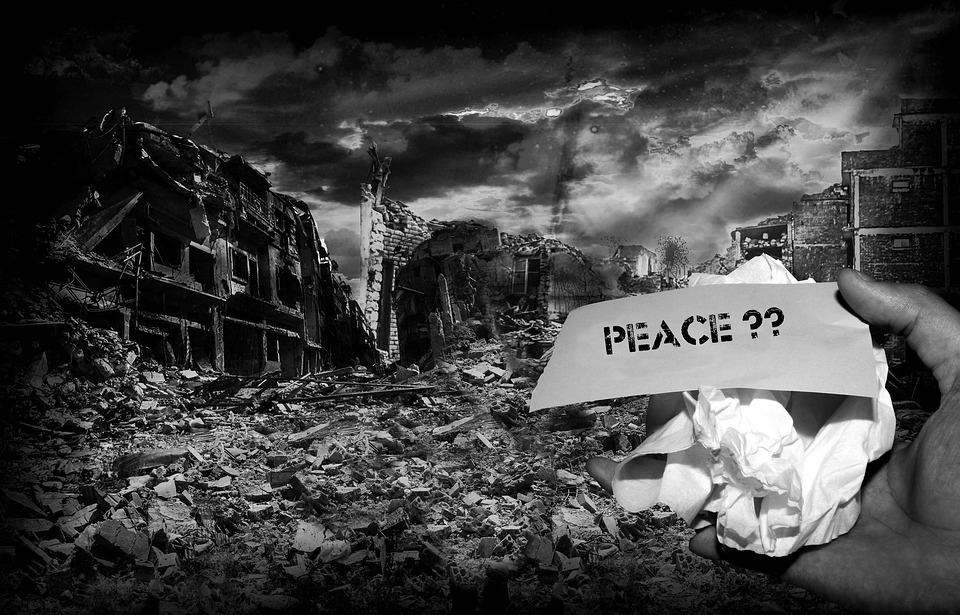Terrorism is a scourge that continues to threaten the peace and stability of all nations around the world. Not only does it cause immense physical and emotional harm to individuals and communities, but it also has far-reaching economic consequences that can cripple entire nations. From the direct costs of counterterrorism efforts to the long-term impacts on industries such as tourism and foreign investment, the economic effects of terrorism are profound and complex. Let’s delve deeper and understand how terrorism can affect the economic conditions of a country.

Increase Uncertainty In The Market
Terrorism creates a climate of fear and insecurity among investors which leads to increased volatility in the market. The unpredictability of terrorist attacks and the potential for widespread economic disruption can make investors more cautious, causing them to pull their investments from the affected region or industry. This, in turn, can lead to decreased market liquidity, lower stock prices, and reduced economic activity.
Direct Economic Destruction
Any kind of terrorist attack, be it international or domestic, causes direct destruction of factories, plants, industries, and economic resources. Small-scale attacks can blow up roads, churches, and shops while large-scale attacks aim to destroy shopping malls, plants, etc.
Terrorism and war always have a negative impact on the economy, primarily due to the physical destruction they cause. The destruction of productive resources that could have generated valuable goods and services is a significant factor, while other resources are often redirected toward military and defense efforts. This diversion of resources does not create wealth or contribute to an improved standard of living, despite the common misconception that military spending stimulates economic growth.
Affected Tourism, Trade, Insurance, And FDI
Whenever there is a terrorist attack, the two businesses that suffer the most are insurance and tourism. While global terrorism is not covered by all insurance companies, domestic terrorism needs to be paid for.
Tourism is another industry that is adversely affected in a country whenever there is any terrorist activity. The GDP of most countries relies on tourism to some extent and the decline in the number of tourists impacts that.
When seen on a broader scale terrorism results in compromised trade routes and distribution systems, which in turn, impacts the trade of a country and also the Foreign Direct Investments (FDI) in a country. Every country is continuously trying domestic terrorism prevention besides international counterterrorism.
Increased Nationalism And Foreign Skepticism
Terrorism can lead to increased nationalism and foreign skepticism by creating a sense of fear and insecurity among the population, which can be exploited by politicians to push for more nationalistic policies and restrict foreign involvement in domestic affairs. The perception of a threat from outside can lead to a desire to protect one’s own country and culture, leading to a rise in nationalism.
Foreign skepticism can also increase due to acts of terrorism because it can lead to a perception that certain groups or countries are responsible for the threat, leading to increased suspicion and distrust of those groups. This can lead to policies such as travel bans and increased border security, which can further exacerbate tensions between countries.
Conflict Corrupts The Political And Economic Freedom
During times of conflict, citizens, and governments are more likely to sacrifice economic and political freedoms for security, resulting in higher taxes, deficits, and inflation. Governments may also implement price controls and nationalize industries during wartime, which can harm the private economy. Governments are less efficient than private individuals at managing resources for productive economic activity, especially when resources are redirected toward military objectives.
